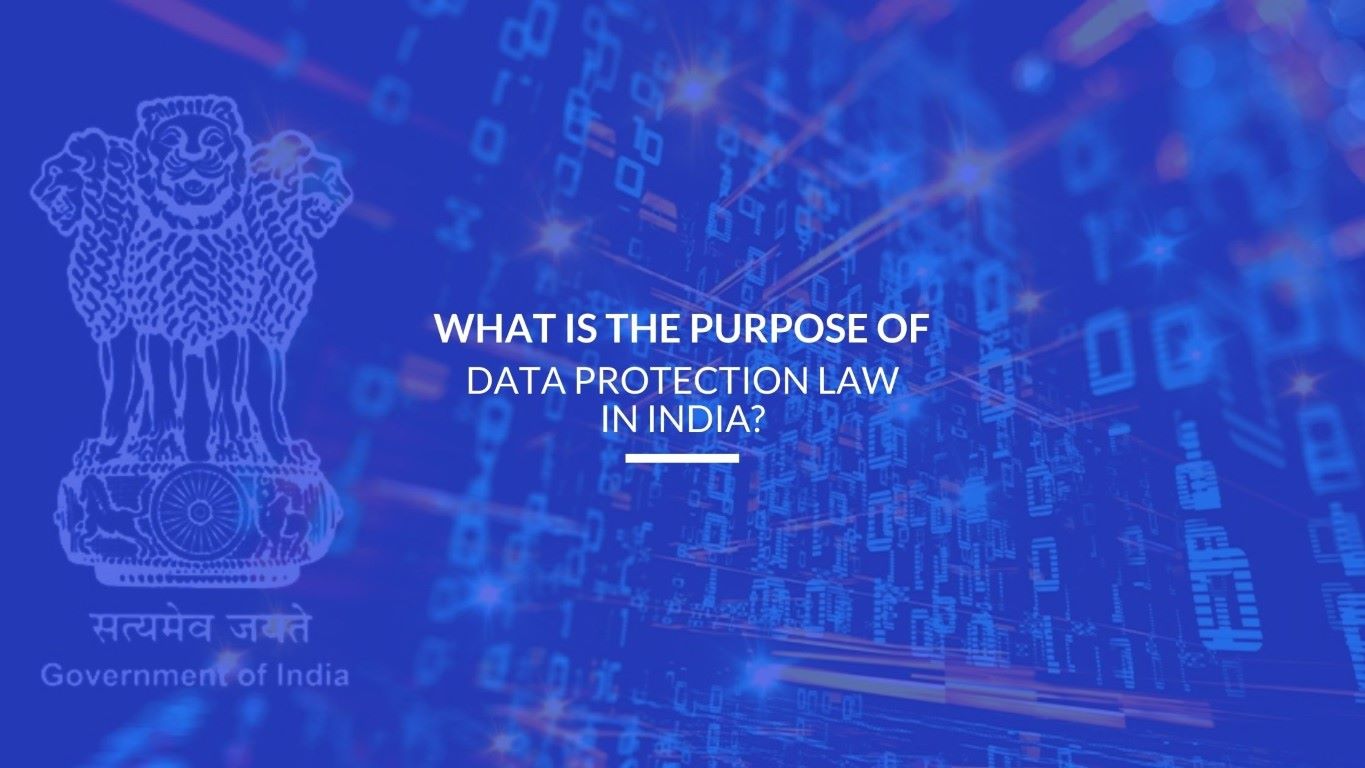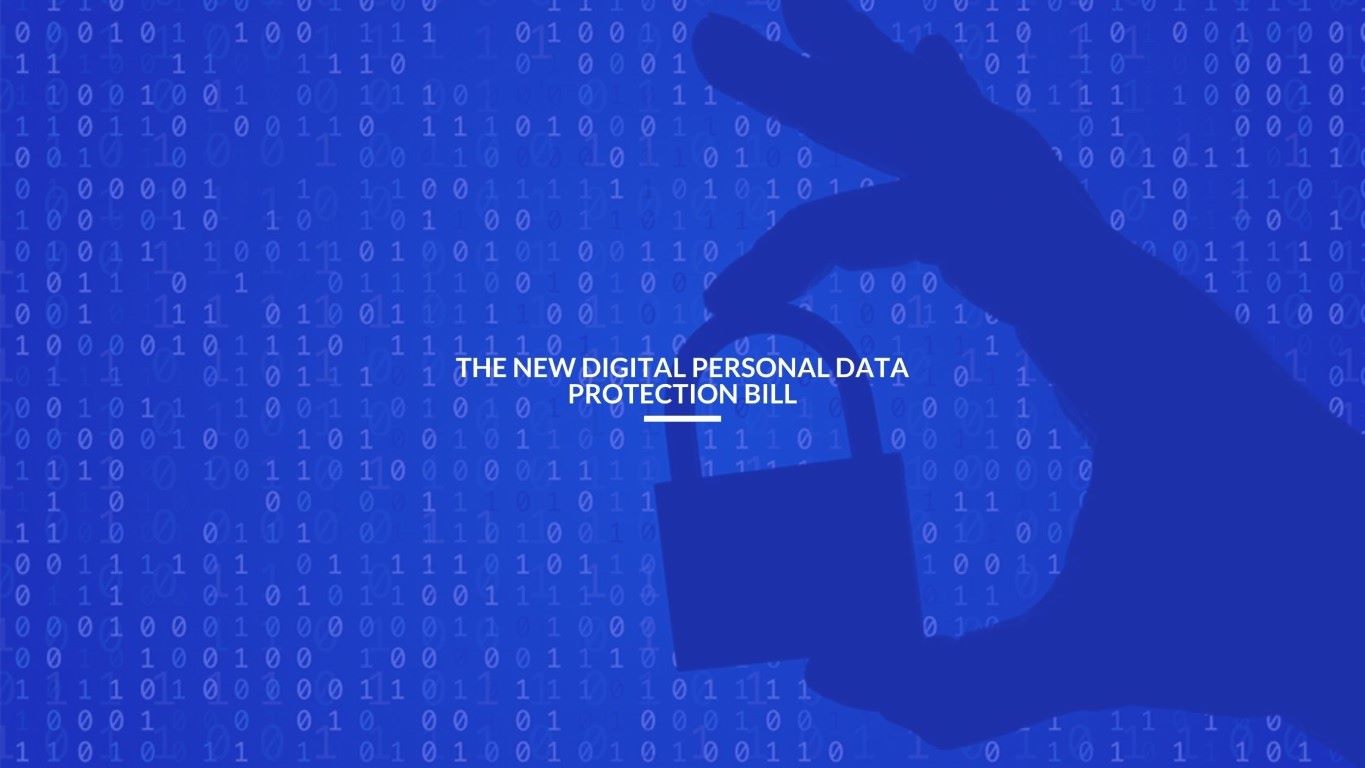Data has become a valuable part of life in the modern society. Giant IT business industries like Google and Facebook deal with a huge amount of data on a regular basis. With the rise of modern science and internet technology, developing country such as India is moving into a digital age. However, being online also comes with a risk; data leak and hacking incidents. Occurrence of data hacking has increased significantly as the country is progressing towards the digital world. Therefore, it is important for the Indian Government to provide appropriate data protection laws to charge unauthorized hackers with criminal offenses.
The Ministry of Electronics and Information Technology has tabled a bill to the Parliament regarding the protection of personal data on 2019. Known as Personal Data Protection (PDP) Bill, it aims to provide an effective security to individuals’ data for maintaining privacy. The purpose of this bill is to enable a stable protection to an individual’s privacy by securing personal data and information. According to the Indian Constitution, right to privacy is a fundamental right and the bill aims to secure an individual’s privacy through the protection of personal data. The bill’s purpose is to classify data into three categories: general, critical or sensitive and provide security according to the status of data. It also provides guidelines for the Government to access sensitive and critical data for detecting cyber criminals. The bill is under observation and yet to be approved by the Parliament.
At present, the Indian Government possesses the Information Technology Act that was notified in 2000. This act can be considered as the primary law to deal with online transaction process and cybercrime. The IT Act recognizes several online activities as criminal offenses and provides strict penalties for conducting those crimes. The purpose of this particular act is to identify cyber crimes, find out the responsible criminals and charge them with penalties.
Identity theft is a major issue within the digital world. Identity theft occurs when a person uses personal data of another person such as username and password for committing fraud without permission. Hackers use a variety of techniques to obtain personal information of an individual for their personal gains. Identity theft is one of the various types of cybercrime; others include security breaching of business organizations, internet fraud and using computer applications for surveillance without permission. As mentioned in the IT Act 2000, the above mentioned illegal activities are considered serious crimes that can result up to several years in prison. In this context, it can be said that the purpose of this law is to prevent unauthorized access to personal data by unauthorized third parties and ensure protection of crucial information.
Apart from unauthorized hacking, IT Act also identifies the act of using internet as a platform to spread violent ideologies, explicit contents of minors and cyber terrorism as criminal acts. Individuals conducting these activities identify as criminals and face harsh measures of penalties like serving a long term imprisonment. The purpose of the IT Act is to provide a guideline that should be followed by law enforcement officers while apprehending cyber criminals. Using appropriate laws is the correct way to reduce unauthorized hacking and enable online security to an individual’s personal data.
Hope this blog provided you enough knowledge about need to deliver local residence to data in India and also, the purpose of data protection law. For more query, visit our website https://primeinfoserv.com or write to us at info@primeinfoserv.com


